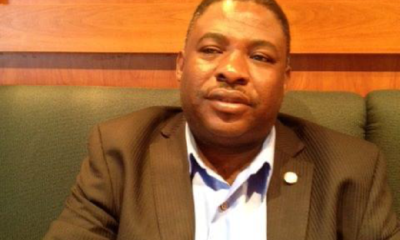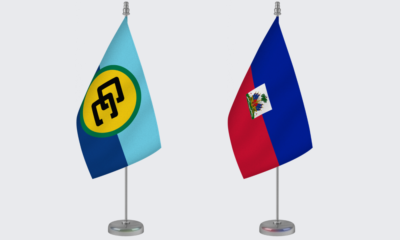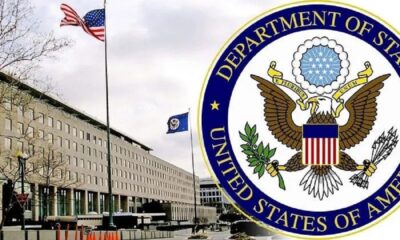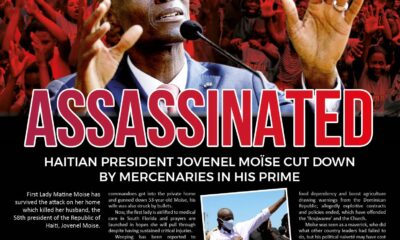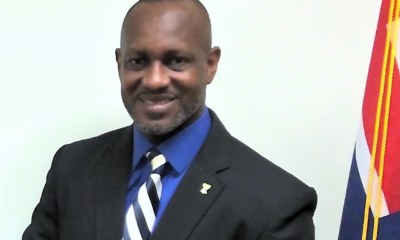Rashaed Esson
Staff Writer
#Haiti, February 21, 2024 – Martine Moïse, the widow of Haiti’s assassinated President Jovenel Moïse, is being charged for involvement in his July 2021 murder, according to recent reports on Monday February 19th, 2024.
She is charged for complicity and involvement in criminal associations.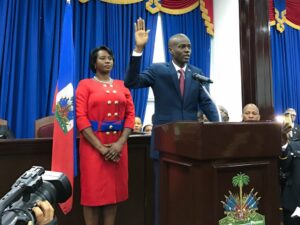
In his report, Haitian Judge Walther Wesser Voltaire reveals there were questionable actions related to Martine Moïse as well as statements that simply didn’t add up.
For instance, Voltaire states that she mentions hiding under the marital bed for safety during the attack on her husband, but authorities expressed that this claim is illogical, saying that a giant rat measuring “between 35 and 45 centimeters,” could not fit under the bed.
This is due to the fact that the gap between the bed and the floor was 14 to 18 inches, according to the indictment.
Considering these revelations, Voltaire states that her claims were “so tainted with contradictions that they leave something to be desired and discredit her.”
There are other suspicious actions by Mrs. Moïse, reported by the Judge, as revealed by Lyonel Valbrun, former Secretary General of the National Palace.
Voltiare’s report says Valbrun claimed there was pressure from the late President’s wife to make available to Claude Joseph, former Prime Minister, office space for the organization of a Council of Ministers. Additionally, Valbrun reported that Martine Moïse dedicated hours to remove objects from the Palace during the days leading up to her husband’s murder.
Joseph, like the former first lady is also being charged for complicity and involvement in criminal associations. Also, they were both injured during the attack on Jovenel Moïse.
The accusations against Mrs. Moïse, reports say, are also based on information from Joseph Badio, former official in Haiti’s Justice Ministry, who is accused of being involved in planning the Haitian president’s 2021 assassination.
According to the indictment, linked in Voltaire’s 122 page report highlights Badio “outing” Mrs. Moïse for plotting with others, Joseph included, to kill her husband to gain power.
Joining Joseph and Moïse with charges is Léon Charles, ex-chief of Haiti’s National Police, carrying the worst of the charges including, murder, attempted murder, illegal possession of weapons, conspiracy against the state’s internal security, and involvement in criminal associations.
Haitian-American pastor Christian Emmanuel Sanon, former DEA informant Joseph Vincent, presidential security chief Dimitri Hérard, former senator John Joël Joseph, and judge Windelle Coq, are also among the accused, some already sentenced and some handed over to the US to face Federal charges.
Media reports have exposed that after a two and a half year investigation, there are still unanswered questions. And, despite going into details about the assassination, it fails to reveal the motive behind it and how it was financed.
A separate case on Moise’s killing is being tried in Miami.
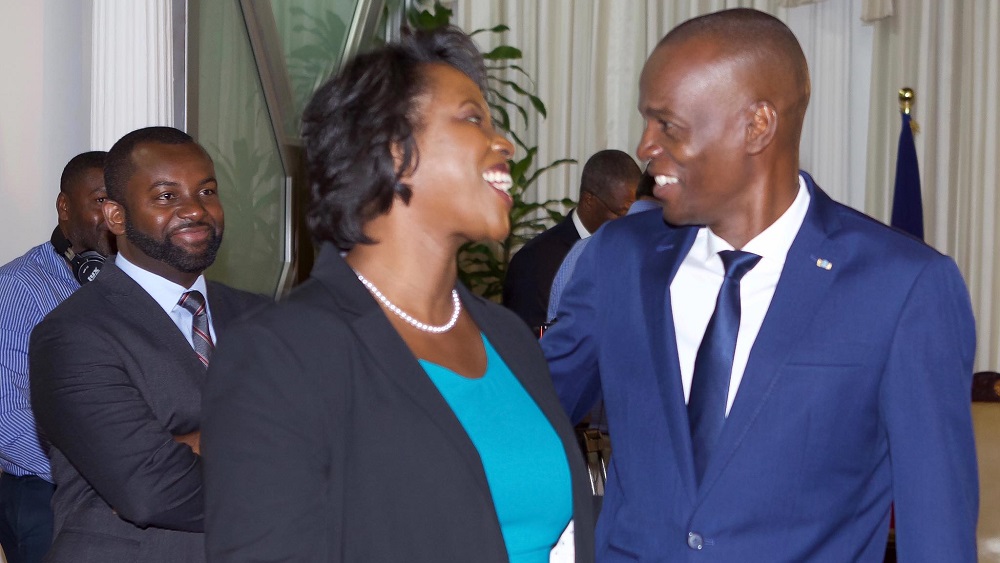

 News5 days ago
News5 days ago
 News1 week ago
News1 week ago
 Caribbean News6 days ago
Caribbean News6 days ago
 News5 days ago
News5 days ago


